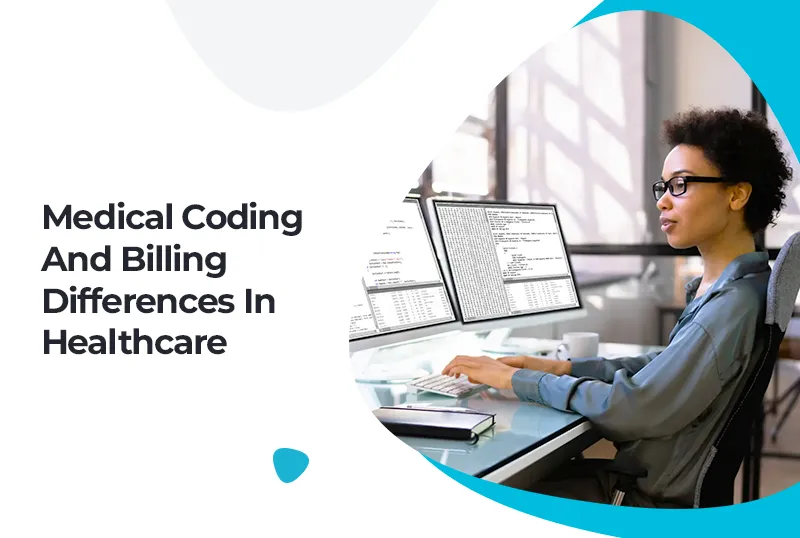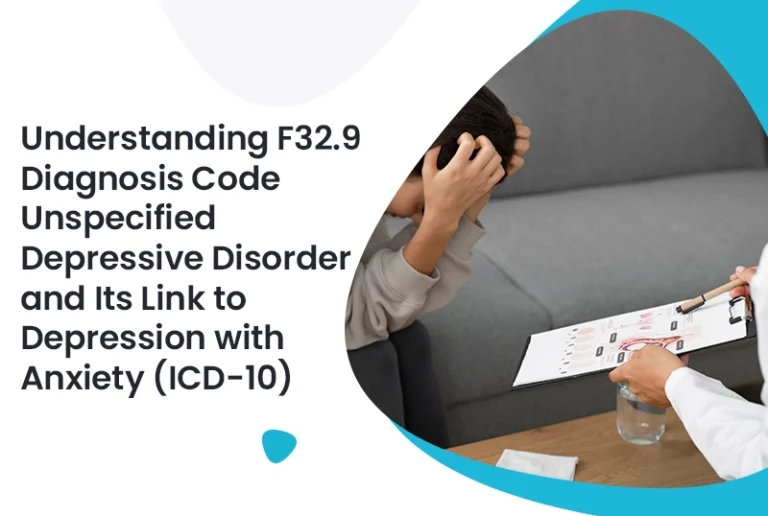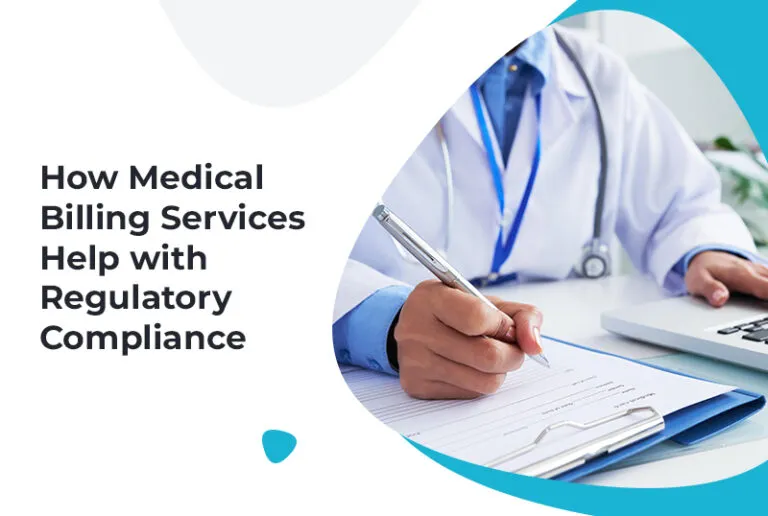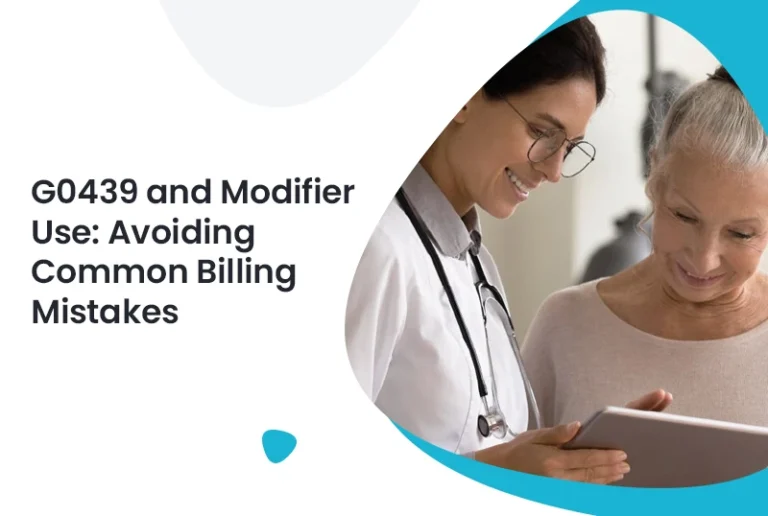Have you ever wondered how healthcare providers differentiate between medical billing and coding? While they work to optimize your practice. They often function separately to make sure your healthcare operates at the best efficiency for increased growth.
Let’s learn how medical coders and billers offer to healthcare providers and optimize medical coding compliance services to deliver the best results.
What is Medical Coding?
Medical coding is a universal language that translates complex medical procedures and diagnoses into numerical codes. These codes allow healthcare providers, insurance companies, and government agencies to communicate effectively. Here are some benefits of medical coding
- Accurate Reimbursement
- Enhanced Patient Care
- Improved Efficiency
- Data Analysis
- Compliance
See Also: Why ICD-10 Codes Matter: A Complete Overview for Mental Health
What is Medical Billing?
Medical billing is an important process in healthcare practices that involves creating and submitting claims to insurance companies, the government, or patients. Medical billers verify patient insurance coverage, calculate co-payments or deductibles, and track payments to make sure healthcare providers get paid what they’re owed for their services
- Accurate Revenue Generation
- Improved Cash Flow Management
- Enhanced Patient Experience
- Data-Driven Insights
- Regulatory Compliance
See Also: Common Medical Billing Errors and How to Avoid Them
How Coding and Billing Work Together
While medical billing and coding are different processes, they go hand in hand for effective medical processes. Medical coders provide the base by assigning the correct codes that medical billers use to create and submit accurate claims.
A Career in Medical Coding and Billing
With the growing demand for skilled professionals in the healthcare field, getting your career started in medical billing coding can be a good choice. The complex healthcare systems require professionals with a high school diploma or equivalent, with many colleges offering associate degree programs in medical coding and billing. Additionally, certifications from organizations like the American Health Information Management Association (AHIMA) or the American Association of Professional Coders (AAPC) can verify your credentials.
Challenges and Rewards
Keep up with changes and ensure accuracy in coding and billing to avoid errors that can lead to payment delays or denials. Here are some challenges and rewards in the medical billing system.
Challenges:
1. Constant Updates
Staying updated on medical coding systems, regulations, and terminology can be time-consuming and challenging.
2. Accuracy is Important
Maintaining accuracy requires checking errors in coding and billing to ensure fewer denied claims, delayed payments, and decreased financial losses.
3. Complex Medical Information
Understanding complex medical terms, procedures, and diagnoses can be difficult.
4. Time Constraints
Meeting deadlines for claim submissions can be challenging during peak periods and when dealing with complex problems.
5. Reimbursement Challenges
Negotiating with insurance companies and government agencies is time-consuming to secure fair reimbursement.
Rewards:
1. Job Security
Consistent demand for skilled medical coders and billers in the healthcare industry.
2. Stay Updated on Industry Trends
The field offers opportunities to learn about new medical advancements and stay updated on industry trends.
3. Contribution to Healthcare
Medical coders and billers play an important role in ensuring that healthcare providers receive appropriate compensation and maintain high-quality patient care.
4. Career Advancement
With experience and certifications, medical professionals advance their careers in specialized fields.
5. Variety of Work
The healthcare industry has diverse opportunities for medical professionals, from coding patient charts to managing billing processes.
See Also: 7 Benefits of Medical Billing Audit for Healthcare Practices
Conclusion
Medical billing and coding are two essential aspects of the healthcare industry. They work together to make sure that healthcare providers are correctly compensated for their services while also providing valuable data for research and quality improvement. If you’re interested in a career that combines healthcare and billing processes, medical billing and coding offer a path that can lead you to a successful career.
Precision Hub: Your Trusted Partner
Understanding how medical coders and billers optimize billing processes differently, you can choose our complete medical billing services, which are flexible, scalable, and compliant with industry standards. Precision Hub specializes in optimizing medical billing for your healthcare practice.
Ready to optimize your revenue cycle management?
Contact Precision Hub today to learn how our medical coding compliance services can optimize your financial operations and drive practice success.







